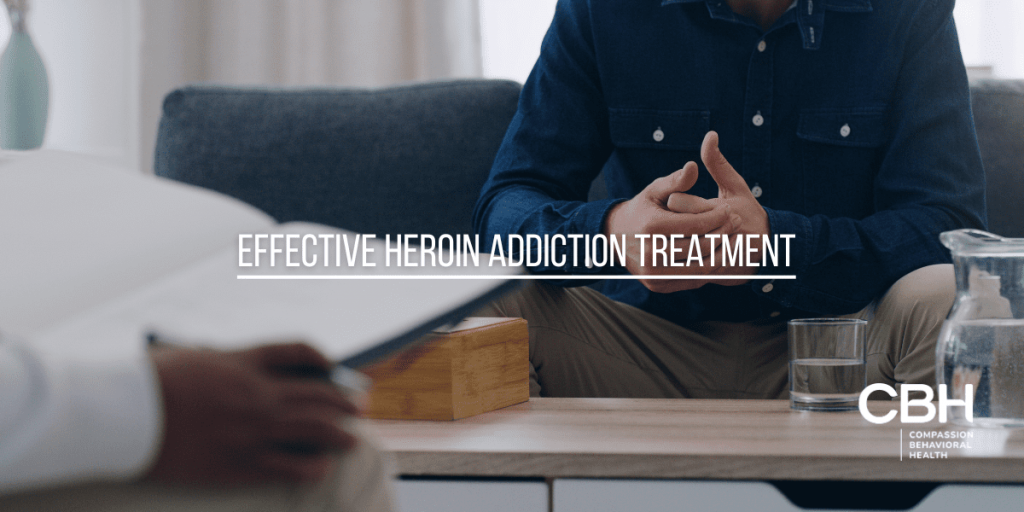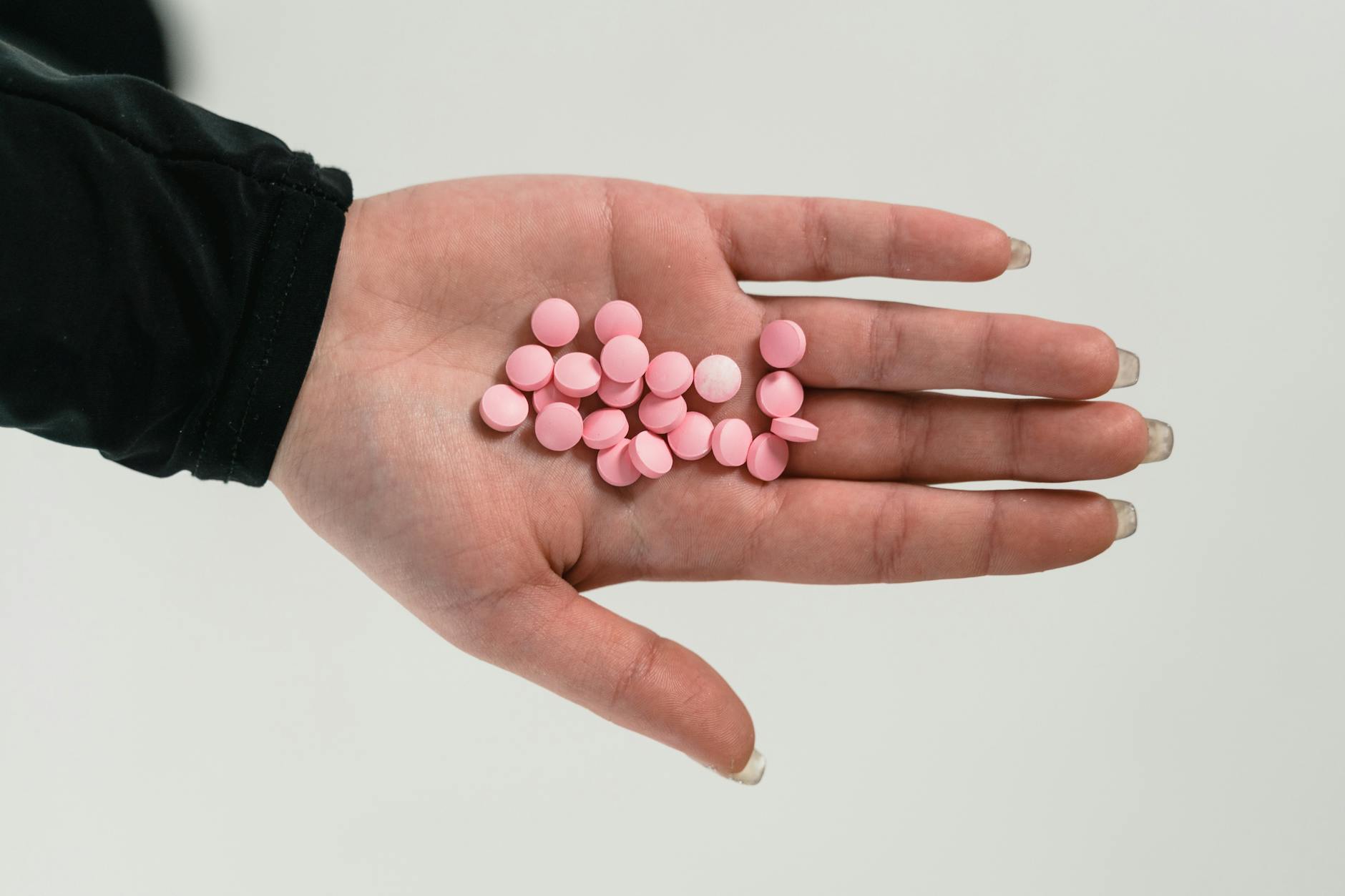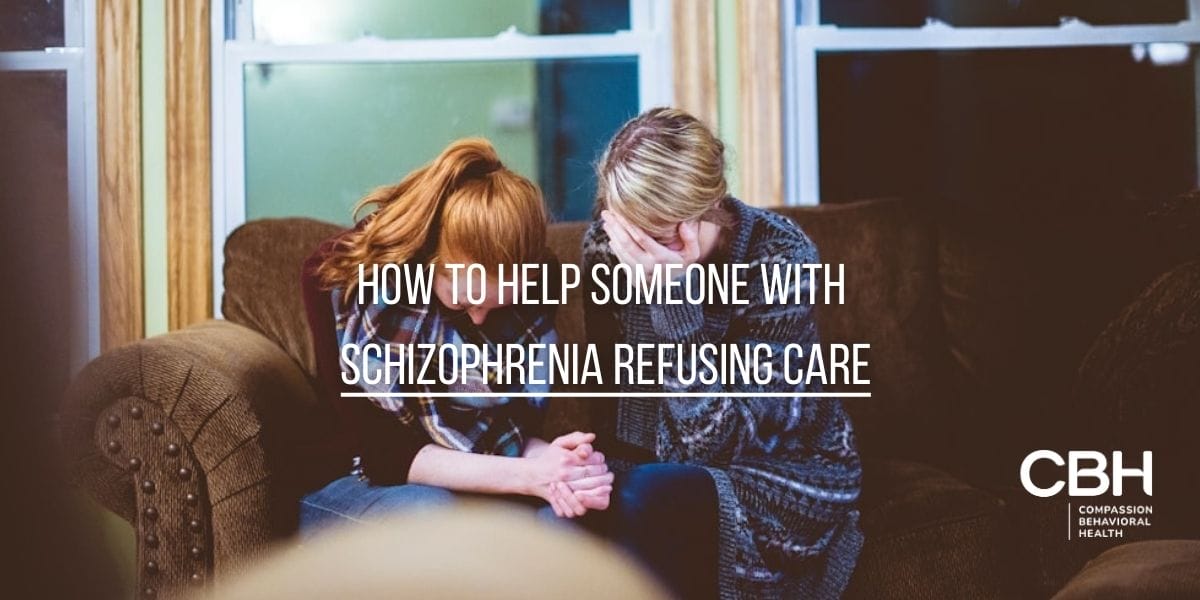Heroin addiction is a complex and devastating disease that affects millions of individuals and their families. This comprehensive guide aims to provide a thorough understanding of heroin addiction and explore effective treatment options. From the science behind heroin dependency to the importance of personalized treatment plans, this article will delve into different types of treatment and the role of family and community in recovery. We will also address common challenges faced during treatment and provide strategies for overcoming them.
Understanding Heroin Addiction
Heroin addiction is a complex and devastating condition that affects millions of individuals worldwide. It is characterized by the compulsive urge to seek and use the drug despite its harmful consequences. The grip of heroin addiction can be incredibly strong, making it difficult for individuals to break free from its hold.
The Science Behind Heroin Dependency
At a neurological level, heroin has a profound impact on the brain’s reward system. When heroin enters the body, it quickly crosses the blood-brain barrier and binds to opioid receptors in the brain. This binding triggers the release of dopamine, a neurotransmitter associated with pleasure and reward.
With repeated heroin use, the brain adapts to the presence of the drug and adjusts its natural production of dopamine. This leads to a decrease in the brain’s ability to experience pleasure from everyday activities, as the individual becomes reliant on heroin to stimulate the release of dopamine.
Furthermore, heroin alters the functioning of other neurotransmitters, such as serotonin and norepinephrine, which play a crucial role in regulating mood, sleep, and stress. These changes contribute to the intense cravings and withdrawal symptoms experienced by individuals with heroin addiction.
Psychological Aspects of Heroin Addiction
In addition to the physiological effects, heroin addiction also has profound psychological implications. Many individuals turn to heroin as a means of coping with emotional pain, trauma, or mental health disorders. The temporary relief provided by the drug can create a vicious cycle, as the individual becomes trapped in a pattern of using heroin to numb their emotional distress.
Addressing these underlying psychological factors is crucial for effective treatment and long-term recovery. Therapy and counseling can help individuals explore the root causes of their addiction, develop healthier coping mechanisms, and learn to manage their emotions in a more constructive way.
It is important to understand that heroin addiction is not a moral failing or a lack of willpower. It is a chronic disease that requires comprehensive and compassionate care. With the right support and treatment, individuals can overcome heroin addiction and reclaim their lives.
The Importance of Personalized Treatment Plans
Assessing Individual Needs for Treatment
Every individual struggling with heroin addiction has unique needs and circumstances. A comprehensive treatment plan should begin with a thorough assessment to evaluate the individual’s physical health, mental well-being, and social support network. This evaluation enables healthcare professionals to develop an individualized treatment plan tailored to each person’s specific needs.
Tailoring Treatment to the Individual
Effective treatment requires a personalized approach that addresses the complexities of heroin addiction. The treatment plan may involve a combination of medication-assisted treatment, behavioral therapies, and counseling. By tailoring the treatment to the unique needs of the individual, healthcare professionals can maximize the chances of successful recovery.
Different Types of Heroin Addiction Treatments
Medication-Assisted Treatment (MAT)
Medication-assisted treatment involves the use of prescribed medications, such as methadone, buprenorphine, or naltrexone, to alleviate withdrawal symptoms and cravings. These medications work by blocking the effects of opioids or reducing withdrawal symptoms, allowing individuals to focus on their recovery without the constant struggle for heroin.
Behavioral Therapies
Behavioral therapies, such as cognitive-behavioral therapy (CBT) and contingency management, play a crucial role in heroin addiction treatment. These therapies help individuals identify and change unhealthy thought patterns and behaviors associated with addiction. They also teach effective coping mechanisms, stress management techniques, and strategies for preventing relapse.
Residential and Outpatient Programs
Residential treatment programs provide round-the-clock care and support in a controlled environment, allowing individuals to focus entirely on their recovery. Outpatient programs offer flexible treatment options that allow individuals to maintain their daily routines while attending therapy sessions and receiving support. The choice between residential and outpatient treatment depends on individual needs, preferences, and support available.
The Role of Family and Community in Recovery
Family Support During Treatment
The support and involvement of family members can significantly impact an individual’s recovery journey. Families can provide emotional support, participate in family therapy sessions, and learn about addiction to better understand and support their loved one. Open and honest communication within the family can help create a supportive and nurturing environment for recovery.
Community Resources for Ongoing Recovery
Recovering from heroin addiction requires ongoing support and a strong community network. Local support groups, helplines, and community organizations can play a vital role in providing resources, peer support, and additional treatment options. Engaging with others who have gone through similar experiences can foster a sense of belonging and reduce feelings of isolation.
Overcoming Challenges in Heroin Addiction Treatment
Dealing with Treatment Resistance
Some individuals may resist treatment, often due to factors such as fear, denial, or a lack of readiness for change. Overcoming treatment resistance requires patience, compassion, and individualized strategies. Healthcare professionals can employ motivational interviewing techniques, help individuals set achievable goals, and address any underlying concerns or fears that may hinder treatment progress.
Managing Relapse and Recovery
Relapse is a common occurrence in addiction recovery, but it does not signal failure. It is vital to view relapse as an opportunity for learning and growth rather than a reason to give up. Building a relapse prevention plan, seeking ongoing support, and reconnecting with treatment resources can help individuals stay on track and resume their journey toward a drug-free life.
Determining the most effective treatment approach for heroin addiction is a complex process that necessitates a personalized, comprehensive strategy. By understanding the science behind addiction, recognizing the importance of tailored treatment plans, exploring various treatment options, and involving the support of family and community, individuals can embark on their path to recovery with confidence. Overcoming challenges along the way is possible when armed with knowledge, resources, and a commitment to change. Effective heroin addiction treatment is attainable, offering hope for a brighter future.
CBH’s Approach to Heroin Addiction Treatment – Rehab in South Florida
Compassion Behavioral Health stands out in the field of heroin addiction treatment by offering a unique, holistic approach that emphasizes not just the physical and psychological aspects of addiction, but also the emotional and social dimensions. Our treatment programs are designed to cater to the individual needs of each patient, recognizing that each journey toward recovery is personal and unique. At Compassion Behavioral Health, patients find a supportive and nurturing environment where they can embark on their recovery journey with confidence. Call us today to connect with one of our intake specialists to learn more about our top-rated heroin addiction treatment programs.



